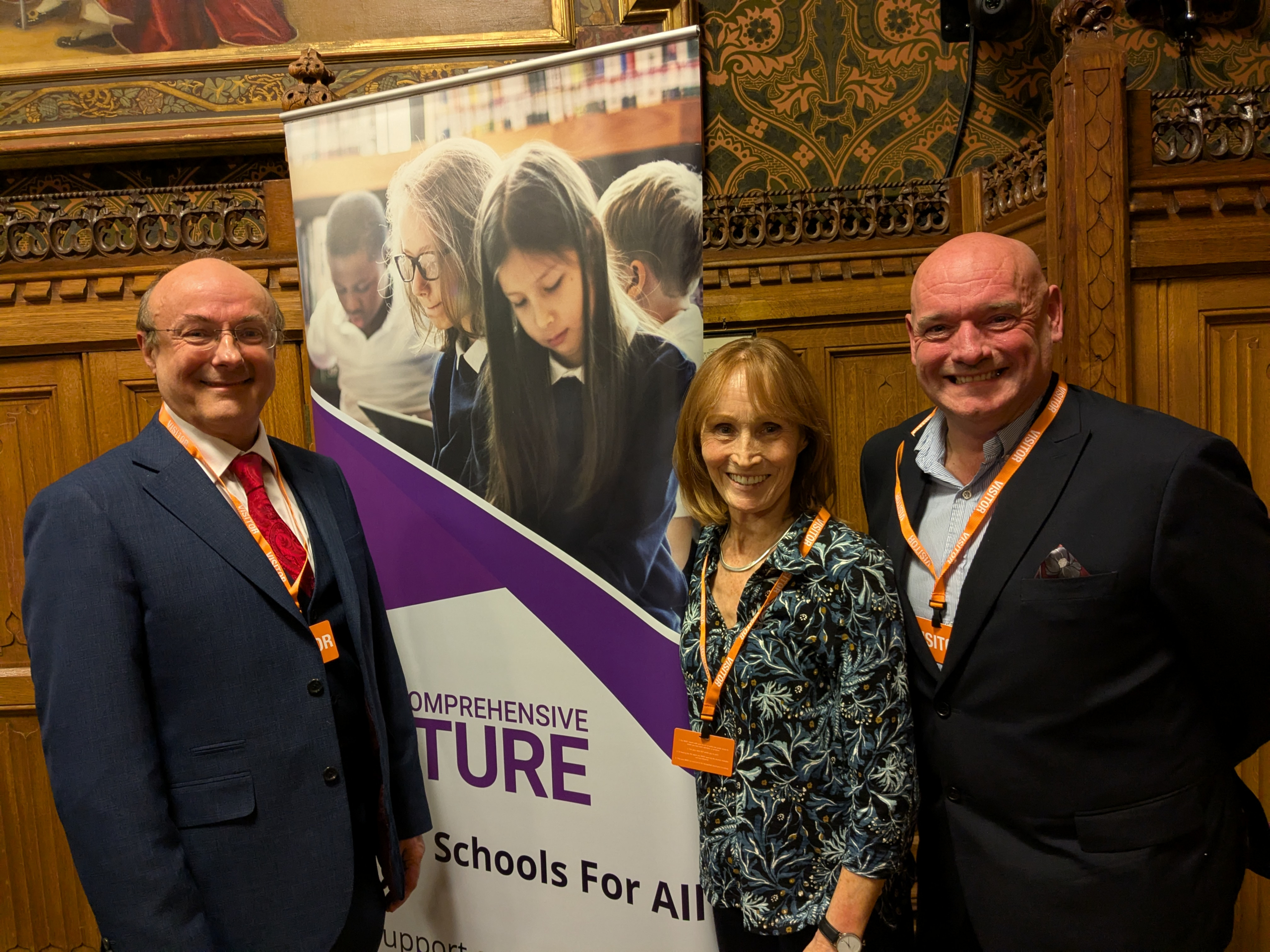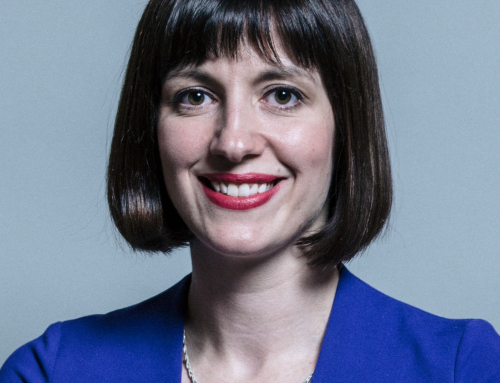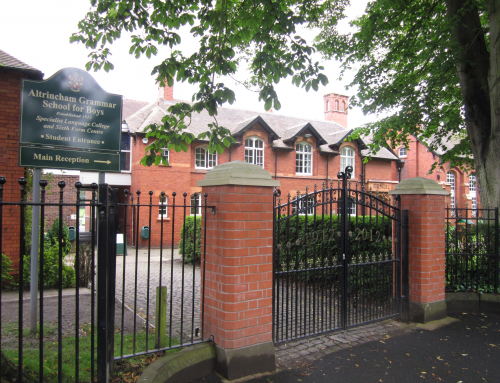 Comprehensive Future hosted a powerful panel discussion in Westminster last week, bringing together school leaders who live with the everyday consequences of the 11-plus. Their message was clear: selective education harms children, damages communities, and entrenches inequality.
Comprehensive Future hosted a powerful panel discussion in Westminster last week, bringing together school leaders who live with the everyday consequences of the 11-plus. Their message was clear: selective education harms children, damages communities, and entrenches inequality.
Wayne Norrie – CEO, Greenwood Academies Trust
Wayne leads 38 academies across the East Midlands, including several in Skegness, Lincolnshire, a town still operating an 11-plus system. He described the stark impact of selection on children’s wellbeing, confidence, and future attainment.
He spoke about Year 5 pupils “in tears” awaiting their 11-plus results, sometimes described as the “Harry Potter letter” that tells them whether they are “in” or “out”. Children who pass often assume they no longer need to work in Year 6, while those who don’t are left feeling they have “failed” before they even begin secondary school. This sense of failure follows many children into Year 7.
Wayne also highlighted the strain that selection places on the wider system:
-
A high proportion of disadvantaged families, including many “just about managing” households live in Skegness, with wealthier families gaining an advantage for grammar school entry through tuition
-
Teacher recruitment challenges, with many preferring to apply to the grammar school
-
A churn of pupils moving between schools at 12+
-
Grammar school admissions pressures that can see families revisiting choices at short notice
He also raised concerns about cases where disabled pupils who had passed the 11-plus were not offered places at selective schools — what he described as “selection within selection”.
Despite these obstacles, Skegness Academy has recently become one of the most improved schools in the country. Yet it remains overshadowed by a system that “bakes in inequality”.
Carl Smith – Principal, Casterton College, Rutland
Carl leads a comprehensive school in the most successful comprehensive authority in the country — yet just across the border lies selective Lincolnshire, where most of his pupils live.
Many arrive having “not passed” the 11-plus, and too often families see them as “second class”. Carl’s mission has been to reshape that mindset. His school’s ethos, known by every pupil, states: “Your ability is not fixed.” He emphasised that children develop at different times, and that selection at 11 creates needless hierarchies within families and communities.
Carl shared the stark image he sees daily: two bus queues in the same village, one for the grammar school and one for his comprehensive — “a visual reminder of the reality we’re dealing with,” he said.
He argued that selection undermines inclusion — even as Ofsted judges schools on their inclusivity — and that the system “ghettoises” pupils based on a single test. Instead, comprehensive schools create social cohesion and deliver strong results: his school was recently shortlisted for Secondary School of the Year and won the Silver Award in the national Making a Difference category.
Carl called on national politicians to finish what he described as “the unfinished revolution”. With a new government and a mandate for change, he argued, this is the moment for bold policy on phasing out selection.
Thanks to both our speakers. The discussion offered a stark reminder that the 11-plus is not just an outdated exam, but it creates a system that continues to harm children and distort local schooling. Comprehensive Future will continue working with teachers, leaders and families to ensure these experiences are heard in the national debate. We hope policymakers will seize the opportunity to move towards a genuinely inclusive, comprehensive system.





